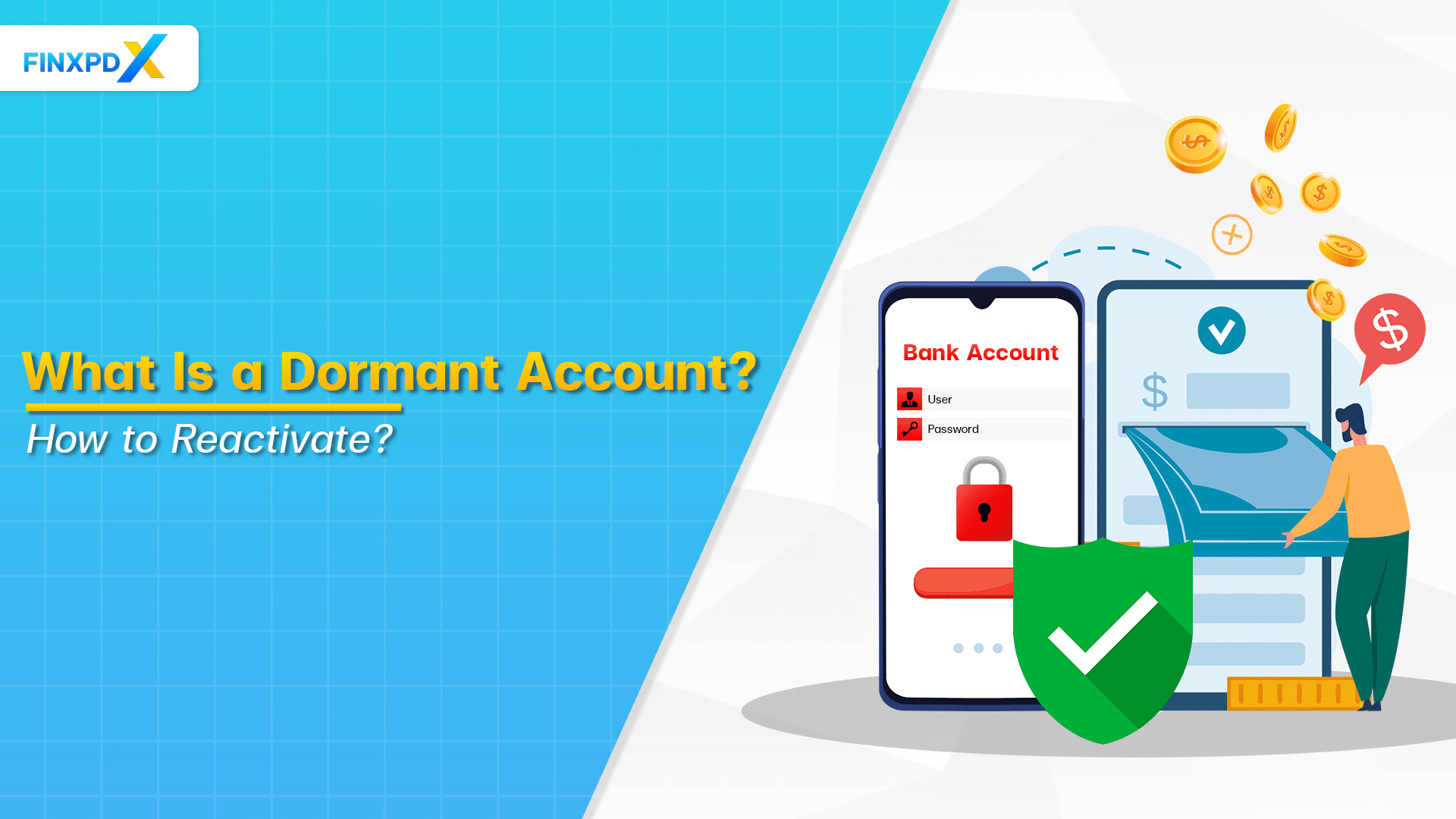Investing is often compared to a large, complicated puzzle with an endless number of alternatives. You might often hear ‘recurring deposit,’ or RD for short. It’s a simple, effective way to save money, whether you’re new to investing or have been doing investing for years.
This article aims to provide you with the meaning of recurring deposits, their different types, eligibility criteria, and factors to consider before making decisions.
What Is a Recurring Deposit?
A recurring deposit (RD) is a type of savings plan offered by banks and other financial institutions. With an RD, you can deposit a fixed amount of money each month, earning interest comparable to that of a fixed deposit. The investment term is set in advance and typically ranges from six months to ten years.
Key Takeaways
- A recurring deposit (RD) is a simple and reliable savings plan that allows you to deposit a fixed amount monthly to earn interest.
- The term or length of the recurring deposit should align with your financial goals
- Recurring deposit offer interest rates similar to those of fixed deposits, providing steady returns.
- Recurring deposit is suitable for individuals with a regular income looking for safe investment options.
- Most banks allow premature closure of an RD account, usually with an associated penalty.
Features of Recurring Deposit
A recurring deposit (RD) is a simple and reliable savings plan that allows you to deposit a fixed amount monthly to earn interest. Here are key features that make recurring deposits become popular:
1. Fixed Monthly Deposits
One of the primary features of recurring deposits is the fixed monthly deposit. You decide on a set amount to deposit each month, making it easier to budget and plan your savings.
2. Varied Interest Rates
Recurring deposit interest rates can differ from one bank to another. It’s important to compare rates to ensure you’re getting the best deal.
3. Flexible Tenure
Recurring deposits offer a range of periods, usually from six months to ten years. This flexibility allows you to align your RD with your financial goals and needs.
4. Premature Withdrawal Rules
Understanding the rules surrounding early withdrawal is essential. Some banks may charge a penalty for withdrawing your money before the end of the term.
5. Financial Discipline
One of the unrecognized benefits of recurring deposits is that they build a sense of financial discipline by requiring regular monthly payments.
6. Option for Higher Deposits
Some recurring deposits offer the flexibility to deposit higher amounts whenever possible, making them suitable for those with fluctuating incomes.
7. Secure Investment
Recurring deposits are considered a low-risk investment, making them a safe option for those looking to grow their savings without taking on too much risk.
5 Types of Recurring Deposits
There are five main types of recurring deposits, as follows:
1. The Regular Recurring Deposit Account
This is a straightforward and adaptable way to save money, offered by most banks and also by non-banking financial companies (NBFCs) in India. If you’re 18 or older, you can open one of this accounts. You decide the sum you prefer to invest each month for a specific period of time. After that, the bank provides you interest, which may be compound or simple, based on their policies. While you can’t add extra money during the term, you can take out a big amount when it’s over.
2. Recurring Deposits Account for Senior Citizens
This account is made for senior citizens. Since seniors often have fewer ways to make money and more bills like healthcare, this account gives them an extra bonus. Many banks offer higher interest rates, usually 0.50% to 0.75% more than usual. Therefore, it’s a wise option for seniors looking for a secure approach to increase their savings.
3. Recurring Deposits Account for Minor Citizen
This account is suitable for minors in the recurring deposits category and allows individuals under 18 to start saving money, but they’ll need a parent or guardian to help open it. The intention is to encourage in children the value of saving and cautious spending from an early age. Parents often use these accounts to put money aside for their child’s education. As a result, the interest rates are typically quite attractive and frequently equal or higher than those of a standard account.
4. Recurring Deposits Account for Non-Resident External (NRE)
This account is specially designed for people who live outside India but want to save money in Indian banks. It’s a great way to increase your savings without having to worry about paying additional costs for money transfers or changing currencies. You can receive your money back with ease after the account reaches its expiration.
5. Recurring Deposits Account for Tax-Saving
This account is similar to a standard one, but it offers tax savings on the interest earned. However, you still need to pay some tax on the interest. The tax amount, known as TDS, depends on your annual income. For example, the bank may withhold 10% of your interest as tax if your annual income is between 5 and 10 lakhs. You can consult with the bank to determine which option best suits your tax position.
⚠️Tip: Remember to choose the account that suits your financial needs and your personality.
Eligibility Criteria for Recurring Deposit
When it comes to opening a recurring deposit (RD) account, banks, and financial institutions have set specific eligibility criteria to ensure a smooth and secure process. Below, we delve into the key eligibility factors that you should be aware of:
1. Ages
Recurring deposit eligibility is considerably affected by age. For a standard RD account, the minimum age requirement is usually 18 years. However, minors can also open an account under the supervision of a parent or guardian.
2. Citizenship Status
Your nationality can also influence your eligibility. For example, non-resident Indians (NRIs) have specialized accounts tailored to meet their unique financial needs when living abroad.
3. Income Source
While recurring deposits are generally open to all, some types of them may require proof of a stable income source. This is particularly true for senior citizens who might be offered higher incurring deposit interest rates based on their financial stability.
4. Tax Considerations
Certain recurring accounts offer tax benefits, but they come with their own set of rules. For example, the interest earned on some deposits is tax-deductible, but you’ll need to consult with the bank to understand the specifics.
5. Special Categories
There are also specialized recurring accounts for different groups like senior citizens, minors, and even tax-saving accounts. Each of these has its own eligibility criteria, often offering additional benefits to attract specific demographics.
6. Financial History
Your financial history, including your credit score, may be considered for certain types of recurring deposits. Sometimes you might get a better interest rate if you have a high credit score.
7. Account Tenure
The length of time you plan to keep the account also matters. Different banks offer varying tenures, usually ranging from six months to ten years, and the interest rates can differ based on the duration.
8. Consult Your Bank
It’s always advisable to consult with your bank to get a comprehensive understanding of the eligibility criteria. Banks often have unique policies and offers that can be beneficial based on your individual circumstances.
Factors to Consider Before Opening a Recurring Deposit (RD)
It’s crucial to consider some factors to make sure a recurrent deposit aligns with your financial objectives and circumstances before you begin. The following are important things to remember:
1. Interest Rates
Different banks offer different interest rates. It is essential to search for the best deal available because a higher rate will result in you receiving more money.
2. Tenure
The time you plan to keep your money in the recurring accounts should match your financial goals. Long-term deposits have the potential to secure your money, but short-term ones typically have lower rates. Select a term that is beneficial to you.
3. Bank’s Reputation and Reliability
Ensure you choose a bank that’s reliable and has good customer service. This will help you to guarantee that your money is safe.
4. Penalty on Delayed Payments
Know the bank’s rules about late or missed payments before you open an account. Make sure you can stick to making deposits every month.
⚠️Tip: Remember to commit to regular monthly deposits to avoid payment penalties or extra charges.
5. Tax Implications
Since interest tends to be taxed, consider the impact this will have on your total income. The bank will occasionally automatically deduct taxes.
6. Flexibility
Some banks allow you to deposit additional money. If your revenue changes from month to month, this is beneficial.
⚠️Tip: Some recurring accounts offer flexibility, allowing you to deposit higher amounts when possible.
Conclusion
Recurring deposit (RD) offer a simple and reliable way to save money with interest rates similar to fixed deposits. Ideal for individuals with regular income, RD encourages disciplined savings through fixed monthly deposits and offers flexible time from six months to ten years. They are a low-risk investment, providing security and predictable returns. Additionally, different RD types cater to various demographics, including senior citizens, minors, and NRIs, each with unique benefits. Before opening an RD, consider interest rates, tenure, bank reputation, penalties for late payments, tax implications, and account flexibility. With regular monthly deposits, RDs can help you effectively grow your savings over time.
FAQs
A recurring deposit is a savings plan where you put a fixed amount of money into an account every month to earn interest over time.
A recurring deposit account is a specialized bank account where you deposit a set amount monthly and earn interest, usually at a rate similar to fixed deposits.
Recurring deposit interest is usually calculated using either simple or compound interest formulas, depending on the bank’s policy. You’ll need to know the interest rate, deposit amount, and tenure to calculate it.
Yes, a recurring deposit is generally a safe and reliable investment option, especially for those who are new to investing or want a low-risk way to grow their savings.
For example, you open a recurring deposit account with a $100 monthly deposit at a 5% annual interest rate for one year. At the end of the year, you’ll have deposited $1,200, and with interest, your total amount could be around $1,260, depending on the interest calculation method.
Related Articles:
- 9 Types of Bank Accounts in India: Choosing Right!
- What Is Bank Account Closing Letter & How to Write One?
- How to Withdraw Money From ATM: Step-By-Step Guide
- Top 10 Banks in India: Which One Is Best for Wealth Management
Read more: Banking








